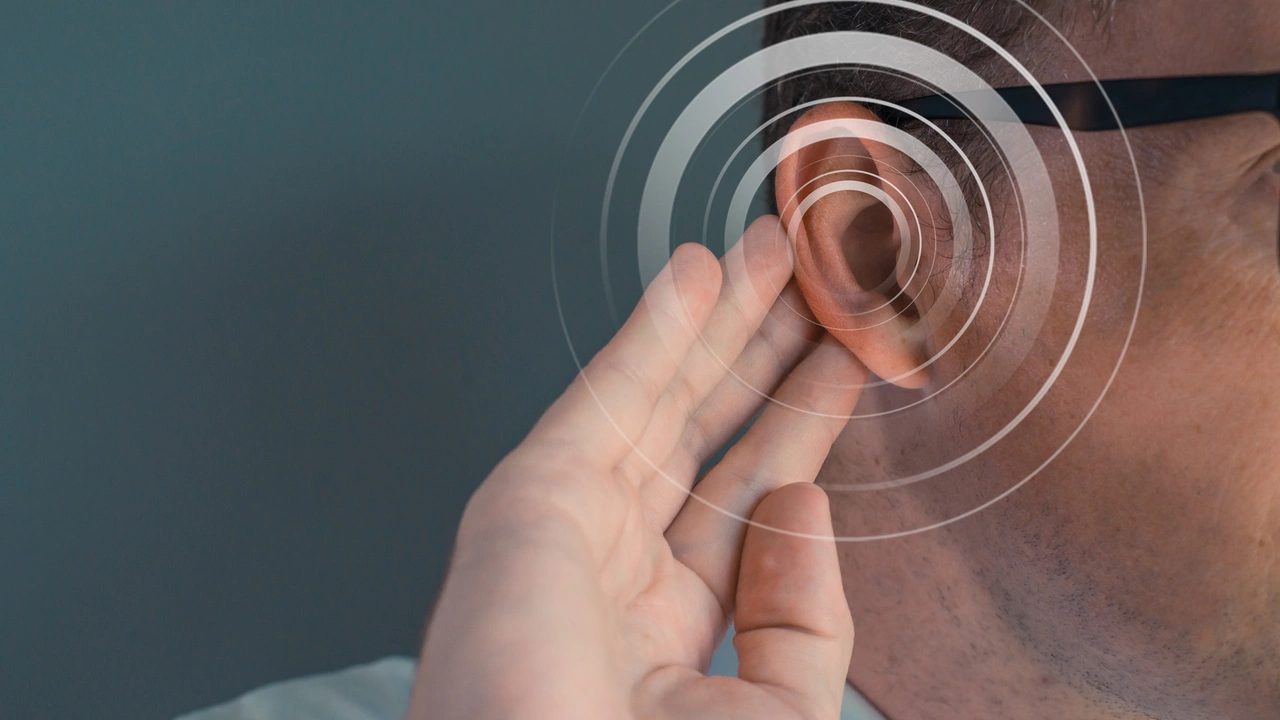Preventing Hearing Loss: Practical Tips You Can Use Today
Hearing loss creeps up on people. One day you're fine, the next you're asking people to repeat themselves. The good news: a lot of hearing loss is avoidable. Use these clear, practical steps to protect your ears without changing your whole life.
Start with volume. If you use earbuds or headphones, follow the 60/60 rule: listen at no more than 60% volume for no more than 60 minutes at a time. Modern phones let you set volume limits—turn that on. When in a noisy place, don’t raise volume to drown out background noise; swap to noise-cancelling headphones or step away from the noise instead.
Protect your ears around loud sounds. Concerts, power tools, lawn mowers, and gun ranges can damage hearing fast. Use earplugs or earmuffs rated for the noise level. Foam earplugs are cheap and work fine for one-off events; for regular exposure buy high-quality or custom plugs. At work, follow workplace safety rules and get regular hearing checks if you're around loud machinery.
Everyday habits that matter
Don’t stick objects in your ear canals. Cotton swabs push wax deeper and can damage the eardrum. Clean only the outer ear with a washcloth and see a professional if wax buildup bothers you. Watch your meds—some common prescriptions can be ototoxic (harmful to hearing). If you take antibiotics, chemotherapy drugs, or high-dose aspirin, talk to your doctor about hearing risks.
Manage health risks linked to hearing. High blood pressure, uncontrolled diabetes, and smoking all raise your risk of hearing loss. Regular check-ups, better blood sugar control, quitting smoking, and cardio-friendly habits (walk, eat vegetables) help your ears as much as they help your heart.
When to check your hearing
Get baseline hearing tested in your 20s or 30s if possible, then repeat every few years or sooner if you notice changes. Warning signs include ringing in the ears (tinnitus), trouble following conversations in noisy places, or turning up the TV. If any of these happen, see an audiologist. Early treatment—hearing aids, noise counseling, or medical care—keeps small problems from becoming big ones.
Protect kids, too. Their ears are vulnerable and loud toys, concerts, or even long headphone use can do harm. Use volume limits on devices, pick over-ear headphones for kids, and teach them to take listening breaks. For swimming, use ear plugs if your child gets frequent ear infections; otherwise, dry ears gently after water exposure.
Small changes add up. Lower volume, wear ear protection when needed, avoid putting things in ear canals, watch medications, and get regular checks. Those steps keep your hearing sharp and your life easier. Want simple product picks or how to set volume limits on your phone? Ask and I’ll give quick, specific steps for your device or situation.

